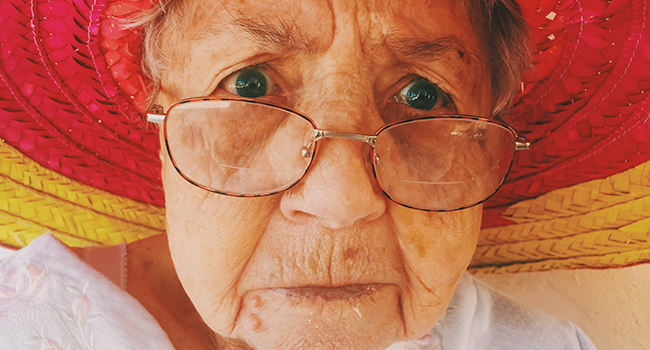 In a crushing blow to small business and morale, Manitoba Premier Brian Pallister has ordered a return to the very lockdown model that the World Health Organization (WHO) warned leaders to avoid.
In a crushing blow to small business and morale, Manitoba Premier Brian Pallister has ordered a return to the very lockdown model that the World Health Organization (WHO) warned leaders to avoid.
Premiers are being pressured by a prime minister who threatens to withhold money unless they once again shut down restaurants and small businesses that are only starting to get back on their feet.
It also appears that the ruinously expensive spring lockdown in response to COVID-19 just delayed the inevitable and that leaders are ‘locked’ into a lockdown model that does more harm than good.
The new measures are arbitrary. You can’t go to a small store where social distancing is assured but you can buy the same items at a crowded Walmart. You can’t go to a restaurant but you can shop at a liquor store. Government spokespersons justify this unfairness on the grounds that this will “save lives.”
But is that true? Do lockdown jurisdictions do better than those that don’t order businesses closed and largely allow citizens to make their own decisions?
Sweden is the best known of those countries. The Swedish government didn’t pretend that it could stop the virus. It made few laws, citizens made their own decisions about social distancing. Sweden has its economy intact, and its infections and deaths are at the European average.
Second time’s the harm when it comes to lockdowns by Peter St. Onze
But most governments closer to home refused the lockdown model. South Dakota let citizens make their own choices and didn’t close businesses. They haven’t savaged their economy and civil liberties as we have. Death rates there are no higher. Florida and Texas are examples of states that shut down for a short period, but then quickly reopened. They now have improving economies, with death numbers at the American average, and far below lockdown states like New York and New Jersey. (Everyone’s infections went down in summer and are now rising as winter sets in.)
Lockdowns not only hurt the poor the most, they take lives, too. All deaths are tragic, but the death of a 25-year-old to a pandemic-related suicide or overdose, or a 50-year-old to untreated heart disease or cancer, is a greater loss to society than the death of an elderly person at the end of life.
Chief Manitoba health officer Dr. Brent Roussin previously told citizens that they would have to learn to live with the coronavirus and that accepting a certain amount of risk was part of life. That’s sensible advice. Protect the vulnerable and expand hospital capacity to respond to larger numbers. Focus protection on a controlled spread. But let businesses reopen, at least in a limited way. Scapegoating small business is simply wrong. And let citizens make their own decisions.
A government can’t protect citizens against all risk.
If governments really believed that citizens must present no risk to one another, it would confiscate drivers’ licences and traffic deaths would end. Potato chips and ice cream would be forbidden – obesity kills way more people than COVID-19. Cigarettes would be illegal.
We don’t do those things for good reasons. The government is not our mom. It can’t stop a virus. The government is overreaching.
New therapeutics and treatments have drastically cut deaths. Vaccines are arriving. The survival rate for most exceeds 99 per cent. We must shed irrational fear and not kill the economy that sustains us.
Brian Giesbrecht, retired judge, is a senior fellow at the Frontier Centre for Public Policy.
Brian is a Troy Media Thought Leader. Why aren’t you?
For interview requests, click here. You must be a Troy Media Marketplace media subscriber to access our Sourcebook.
The views, opinions and positions expressed by columnists and contributors are the author’s alone. They do not inherently or expressly reflect the views, opinions and/or positions of our publication.

